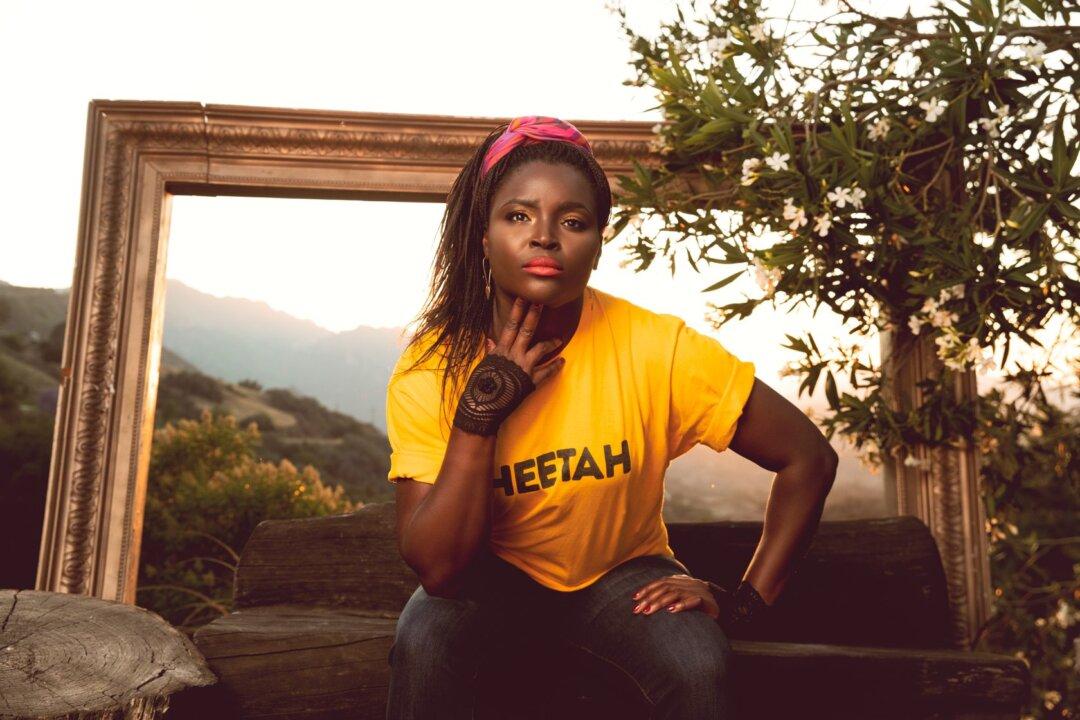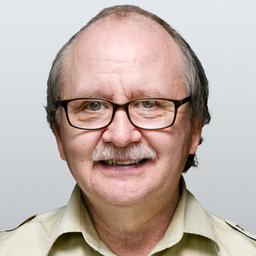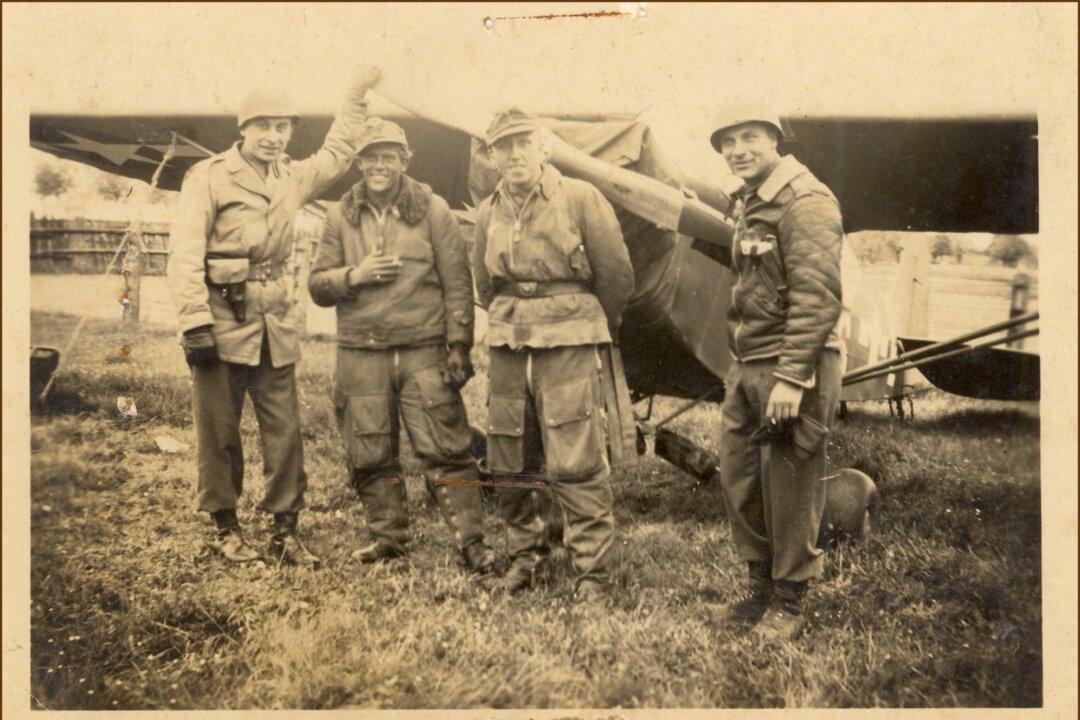For Magatte Wade, connecting the dots is easy: The people of Africa are poor. They’re poor because they have no money. They have no money because they have no jobs. They have no jobs because there are no companies to employ them. There are no companies because the governments make it impossible to start one.
Her solution? Governments need to be business-friendly and everything will be reversed, making the people of Africa prosperous.






